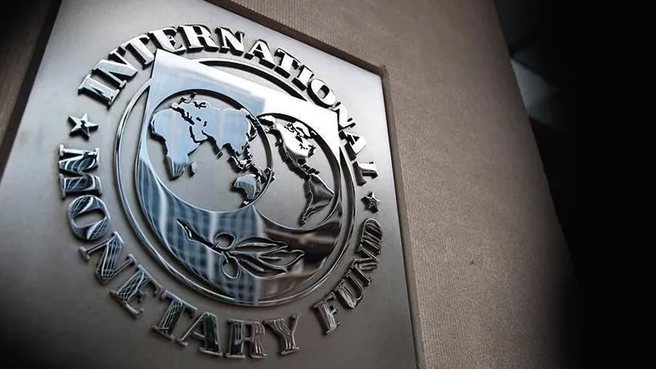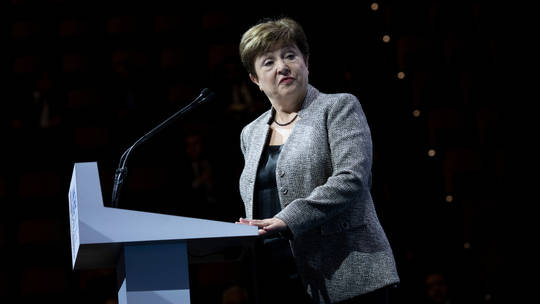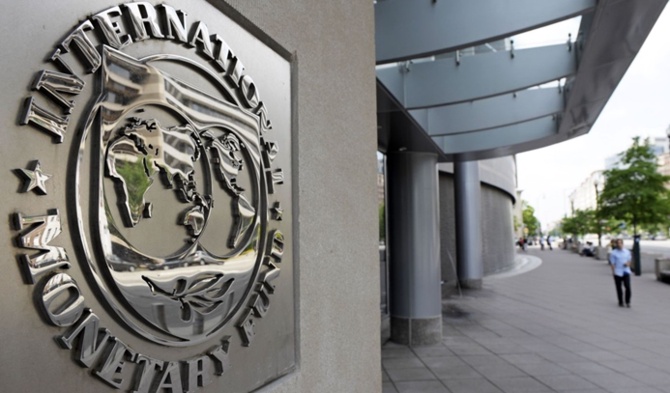The International Monetary Fund (IMF) reported that the share of the US dollar in global foreign exchange reserves continued its decline, falling below 59 percent in the last quarter of last year.

Serkan Arslanalp, Deputy Head of the Balance of Payments Department at the IMF Statistics Agency, Barry Eichengreen, Economist, and Chima Simpson-Bell, Economist at the IMF’s Africa Department, wrote a joint blog post titled “The Dominance of the Dollar and the Rise of Non-Traditional Reserve Currencies.”
- Argentina win CONMEBOL-UEFA Cup of Champions, beating Italy 3-0
- Finnish President Niinisto: Turkey’s concerns about terrorism should be taken seriously
Stating that the US dollar has played a major role in global markets for a long time, the article said that this situation continues despite the fact that the American economy has produced a shrinking share in global output in the last 20 years.
The use of the dollar in global trade, international debt and non-bank borrowing still outstrips the share of the United States in trade, bond issuance and international borrowing and lending, but central banks do not keep the dollar in their reserves to the extent they once were, the article said.
“The dollar’s share of global foreign exchange reserves fell below 59 percent in the last quarter of last year, continuing its 20-year decline,” the article said.
Noting that the declining role of the U.S. dollar does not match increases in the shares of other traditional reserve currencies such as the euro, yen and pound sterling, the article said that although there has been some increase in the share of reserves held in China’s official currency, the renminbi, this accounts for only 1 in 4 of the move away from the dollar in recent years, partly due to China’s relatively closed capital account.
As of the end of last year, Russia alone had about 1/3 of the world’s renminbi reserves, the article said.
Pointing out that the currencies of smaller economies that have not traditionally been significantly included in reserve portfolios, such as the Australian and Canadian dollar, the Swedish krona and the South Korean won, account for 3/4 of the shift in the dollar, the article emphasized that these currencies provide higher returns with relatively lower volatility and increasingly appeal to central bank reserve managers as foreign exchange stocks increase.
The article also reported that new financial technologies are making it cheaper and easier for smaller economies to trade currencies.




